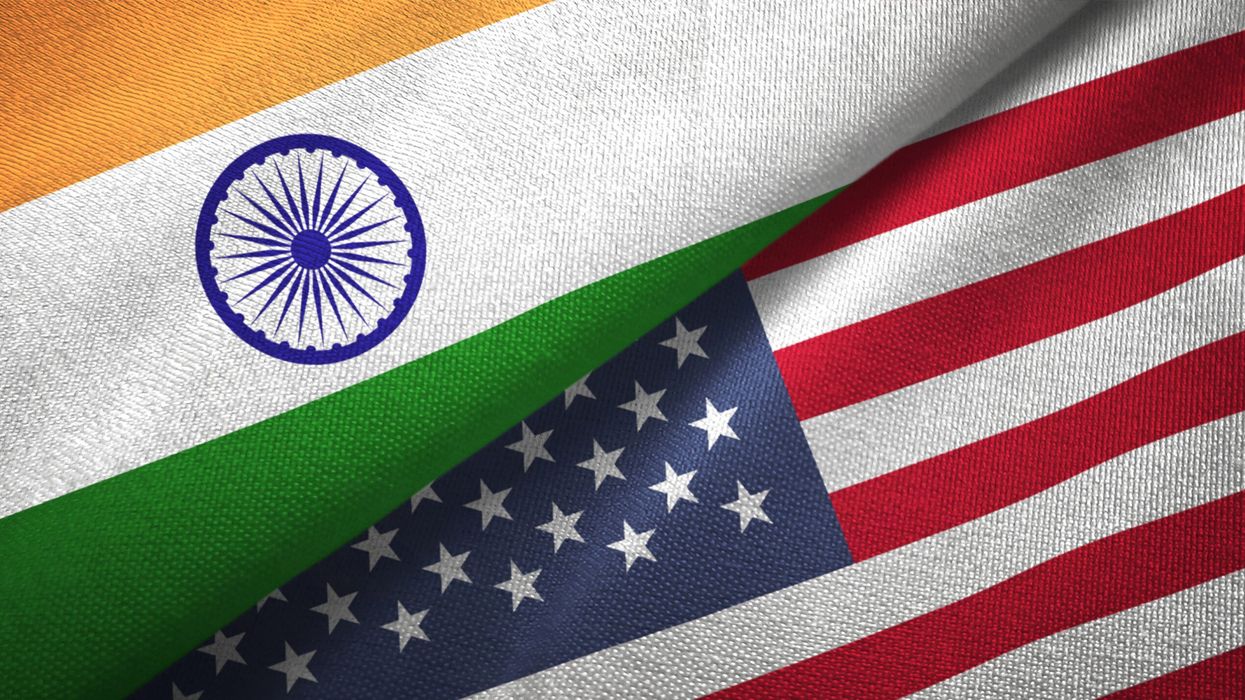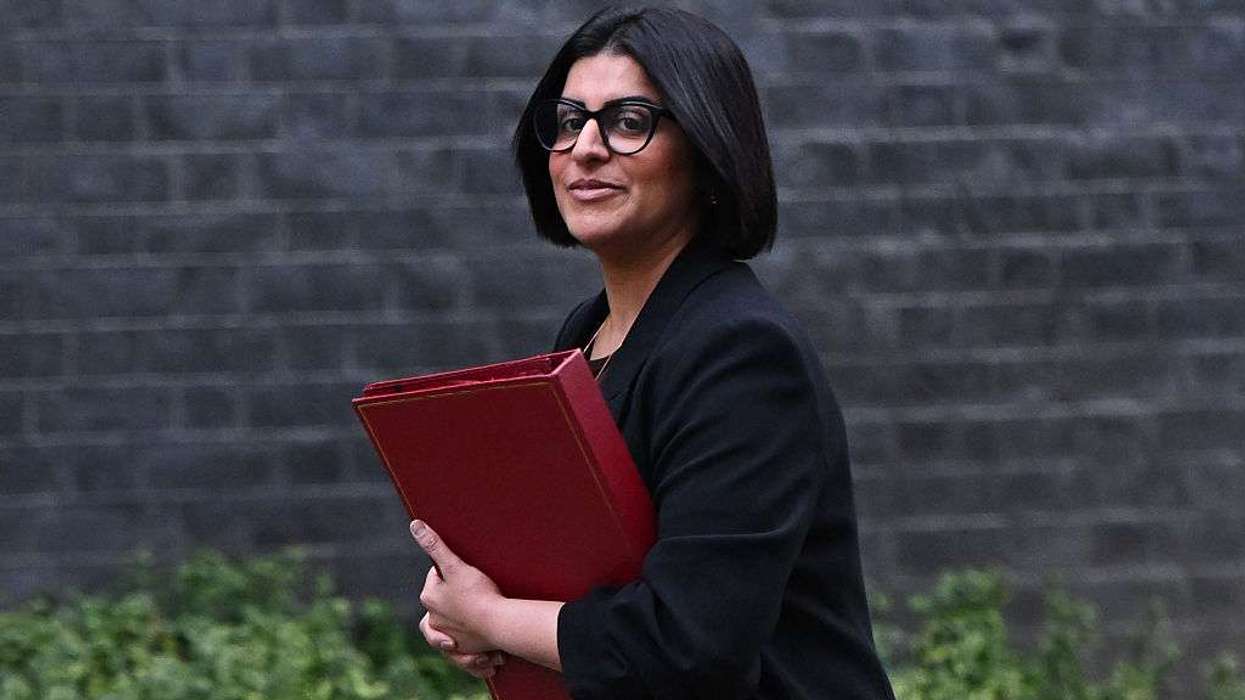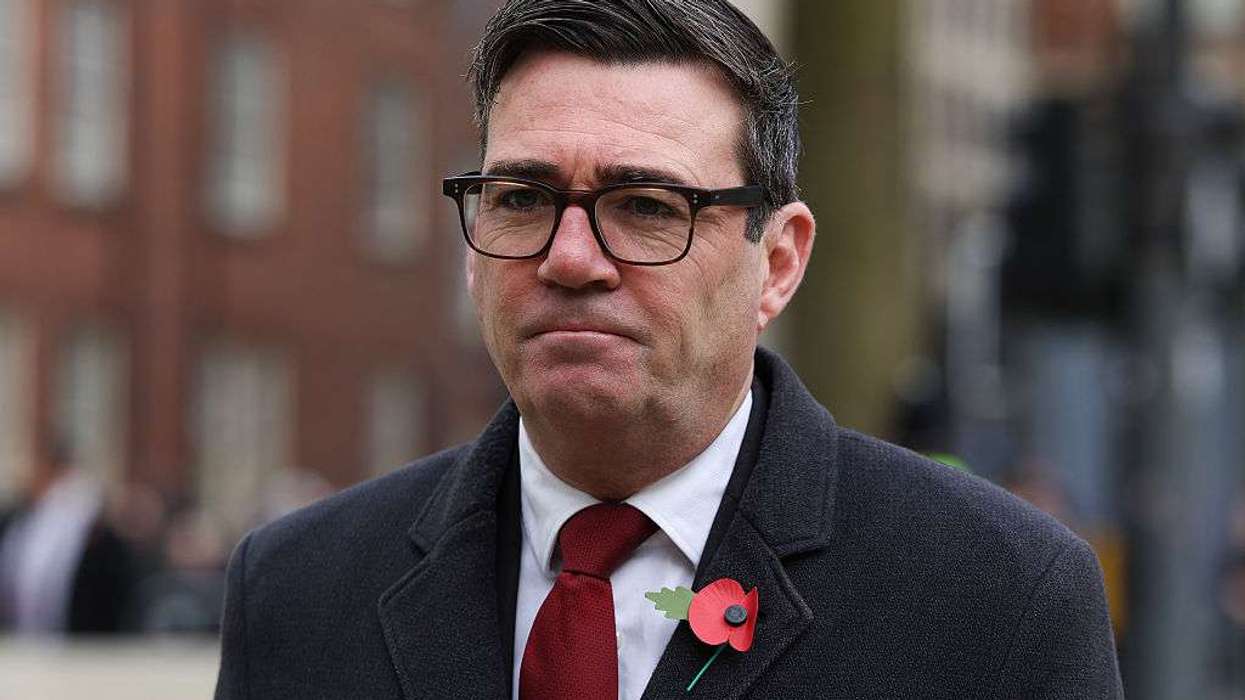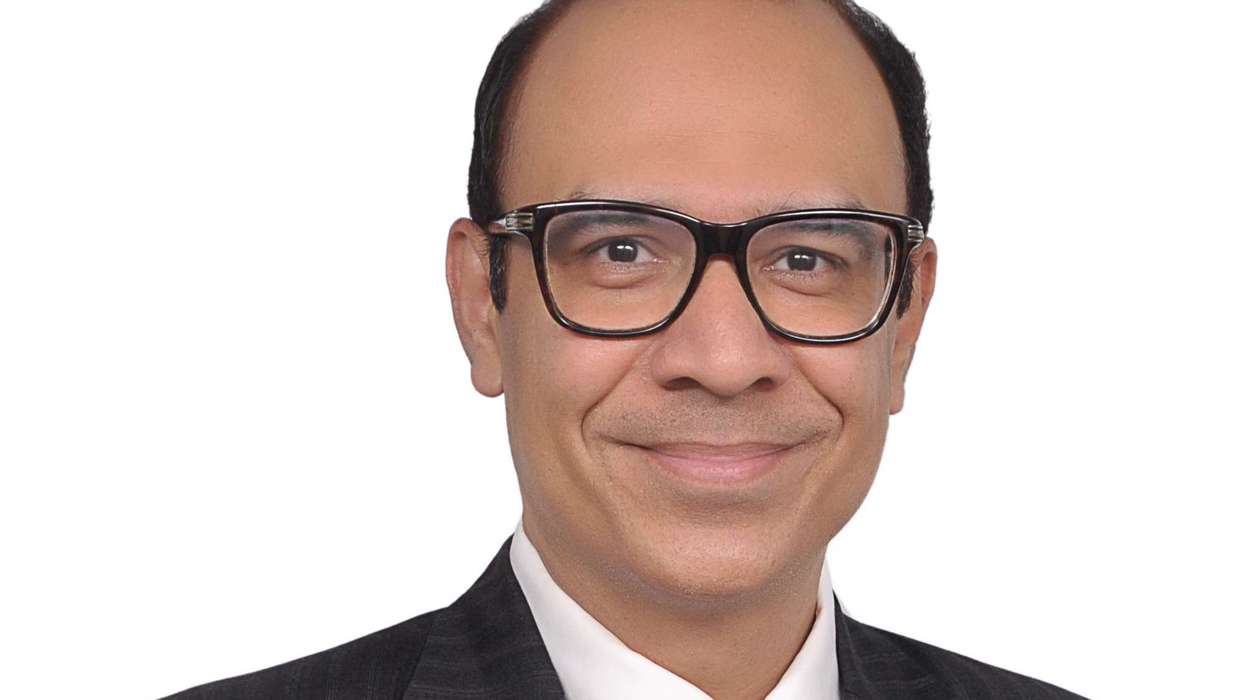THE CHANCES of India and the United States reaching an interim trade agreement before the August 1 deadline have reduced, as negotiations remain stuck over tariff cuts on key agricultural and dairy products, two Indian government sources told Reuters.
US president Donald Trump had threatened a 26 per cent tariff on Indian imports in April but put it on hold to allow talks to continue. The pause ends on August 1. India, however, has not yet received a formal tariff letter, unlike more than 20 other countries.
India’s trade team, led by chief negotiator Rajesh Agrawal, recently returned from Washington after the fifth round of discussions without any breakthrough.
“An interim deal before August 1 looks difficult, though virtual discussions are ongoing,” one of the Indian government sources said. The source added that a US delegation was expected to visit New Delhi soon to carry forward the talks.
According to Reuters, the negotiations have stalled because New Delhi is unwilling to open up its agriculture and dairy sectors, while Washington has not agreed to India’s request to reduce higher tariffs on steel, aluminium and automobiles.
Officials are now considering whether some of these unresolved issues can be taken up later, after a limited agreement is signed, the second government source said.
Ajay Sahai, director general of the Federation of Indian Export Organisations, said sectors like gems and jewellery could be affected if 26 per cent tariffs are imposed. “However, this could be temporary, as both countries aim to sign the deal over time,” he said.
US treasury secretary Scott Bessent told CNBC on Monday that the Trump administration prioritised the quality of trade agreements over timelines. Asked whether the August 1 deadline could be extended for countries still in talks, he said it was for Trump to decide.
Indian officials continue to remain hopeful of concluding a wider agreement by September or October, based on discussions between prime minister Narendra Modi and Trump in February.
“Given that there have been five rounds of negotiations and another US delegation is expected, we remain optimistic about finalising a trade pact,” a third Indian government source said.
The Indian commerce ministry and the Office of the United States Trade Representative did not respond to emailed requests for comment.
(With inputs from Reuters)




